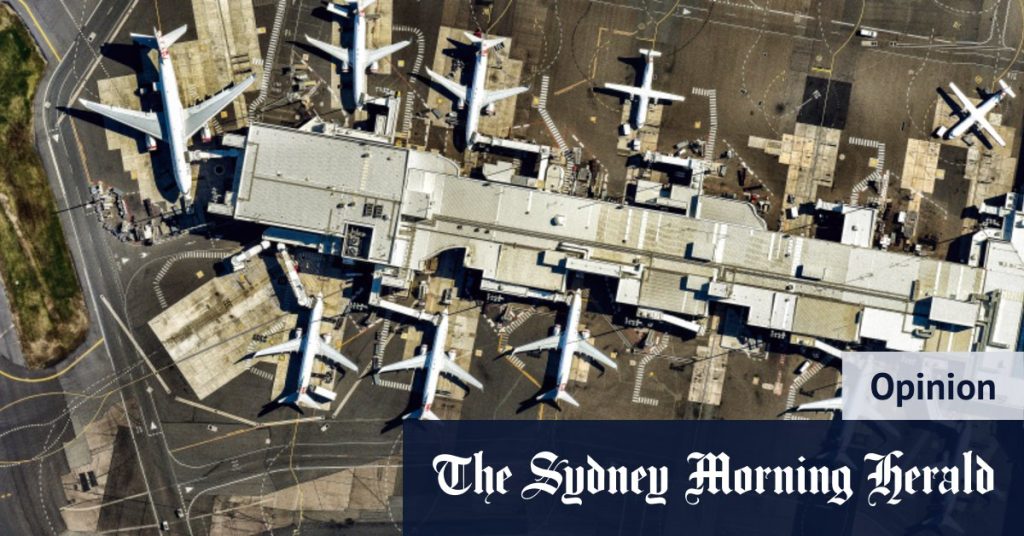The European Union, New Zealand, and Indonesia have clear guidelines for compensating airline passengers in the event of delays, cancellations, or overbooking. In the EU, passengers are entitled to compensation if their flight arrives at the destination more than two hours after the scheduled time, with additional compensation options for longer delays. In New Zealand, domestic airlines must compensate passengers for delays, cancellations, or overbooking. Similarly, Indonesia has guidelines for compensating passengers in case of significant flight delays.
Federal independent MPs Monique Ryan and Andrew Wilkie are advocating for an aviation ombudsman to replace the existing Airline Customer Advocate in Australia. They argue that the current system lacks clear guidelines and limits the ability to address issues effectively. Both MPs highlight the challenges faced by Australian travelers in seeking compensation when their travel plans are disrupted, and they are calling for changes to make the process easier for passengers.
The Australian Competition and Consumer Commission also supports the idea of establishing an independent airline ombudsman with the authority to make binding decisions. They are also pushing for a compensation scheme specifically tailored for delayed or canceled flights. Transport Minister Catherine King has acknowledged the need for improved consumer protection in the aviation sector and has promised to address these issues in the upcoming aviation white paper, set to be released later in the year.
Australia is heavily dependent on air travel due to its vast and isolated geography. With many residents relying on domestic and international flights for transport, there is a pressing need for comprehensive consumer protections. Ensuring that passengers are adequately compensated in case of disruptions to their travel plans is essential for building trust and ensuring a positive experience for travelers. A robust set of guidelines and a dedicated ombudsman could help address the current challenges faced by Australian airline passengers.


